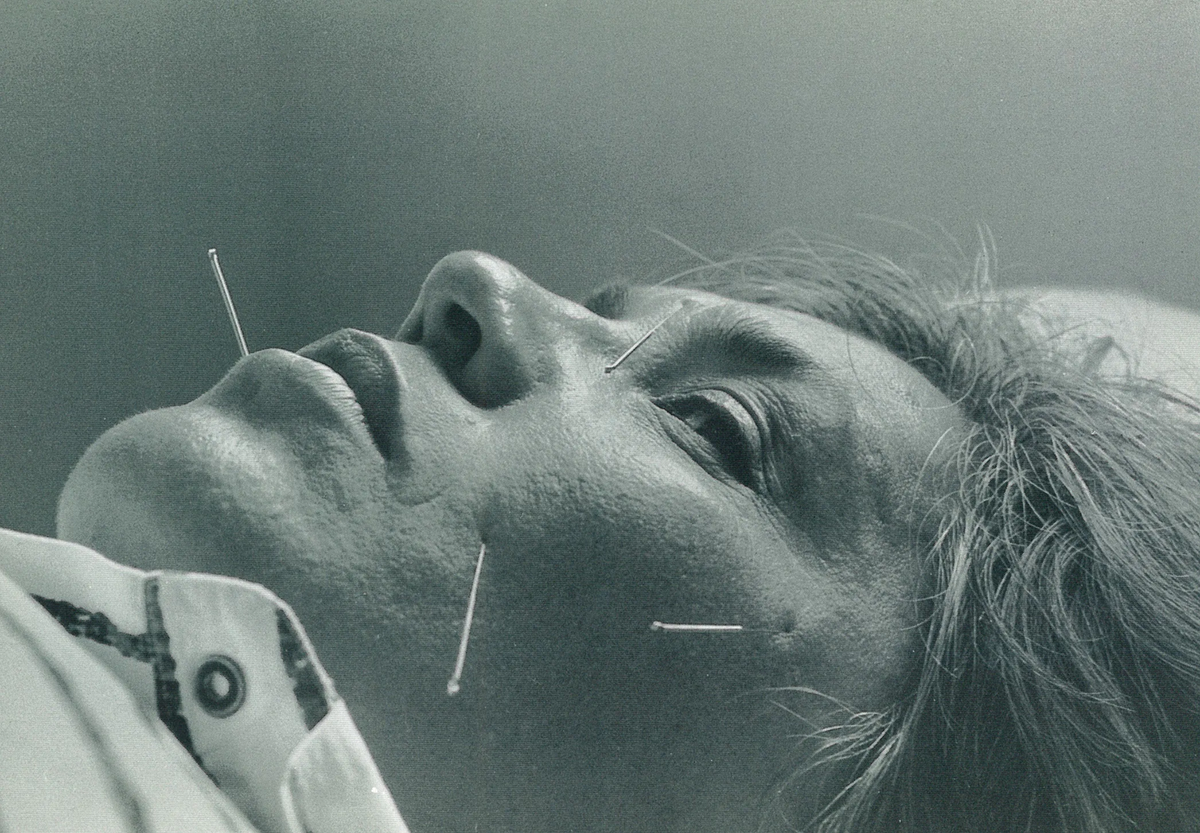How well can we ever know our loved ones? It’s one of many questions that haunts Lourdes Portillo’s classic documentary, The Devil Never Sleeps or El Diablo Nunca Duerme. A documentary that also serves as a family history and personal investigation into the death of her Tío Oscar, it defies any one genre, dipping its toes into true crime, family ethnography, and unofficial biography.
Thirty years later, The Devil Never Sleeps still stands as a singular work of filmmaking and a deeply personal dive into Portillo’s family life. Through its disarming aesthetic approach to interviews, Portillo’s presence, and willingness to lean into ambiguity, The Devil Never Sleeps is a classic that has gotten the attention it’s always deserved in recent years. In the wake of Portillo’s recent passing, it feels more essential than ever. The Devil Never Sleeps has endured because it does what film can do at its best: give the intangible shape.
“When I dream of home, something always slips away from me. Just beneath the surface, faces of my family, old stories, the land, mysteries about to be revealed,” Portillo says, opening the documentary. Portillo then walks us through the loss of her favorite tío, Oscar. After receiving a phone call from his widow, Ofelia, and hearing the wheels turn on the never-ending family chisme machine, Portillo decides to go to Mexico to find answers for herself.
Any lesser documentary or documentarian would probably stay far away from this subject matter, or butcher it. How do you even begin to approach the murky circumstances around the death of a family member? The Devil Never Sleeps answers: fearlessly. With determination and genuine curiosity. Portillo is searching for something to hold onto amidst all the rumors and speculation, if not the truth, then at least a better understanding of the person she loved so much.
Turns out, the truth is a slippery thing. In a series of interviews with people who knew Tío Oscar best (family members, doctors, priests), Portillo is faced with a range of reasons, rationalizations, and even more questions about his passing. The way Portillo frames these interviews keeps the documentary compelling and firmly places us in her shoes. She narrates the film with talking head interviews reflected in the lenses of her sunglasses as she faces the camera. Ofelia declines to be interviewed, but we hear her and Portillo’s conversations and see Portillo and her crew in their hotel room as the widow’s voice floats around the space, leaving more doubts and questions than anything concrete.
Through this loving examination, she unearths a microcosm of Mexican culture that hinges on respectability and a certain kind of conservatism. There were rumors that Oscar was gay, which are vehemently denied by some family members. Oscar’s supposed cheating with other women, however, is treated as a matter of fact and even expected – a clear double standard stemming from homophobia and machismo that can still be found today. It’s at once an interesting time capsule and sobering reminder, even in death, the systems and attitudes sustaining machismo and heteronormativity never stop working.
Ultimately, Portillo can’t solve Tío Oscar’s death, and the film embraces this ambiguity. The mystery is the point, an entryway into the perspectives and people that populate the film. As the director says in voiceover, there are “no simple solutions to life’s mysteries, just half-glimpsed truths and tantalizing questions.
There are few documentaries that can stick an ending like this, but The Devil Never Sleeps relishes its truths and questions, creating something new altogether: a portrait of a person and a family that endures. Lourdes Portillo passed away on April 20, 2024 at the age of 80. Her legacy as a fearless, singular voice in documentary filmmaking continues with this film.

The Devil Never Sleeps is available to stream via Kanopy, or for purchase through Women Make Movies.

